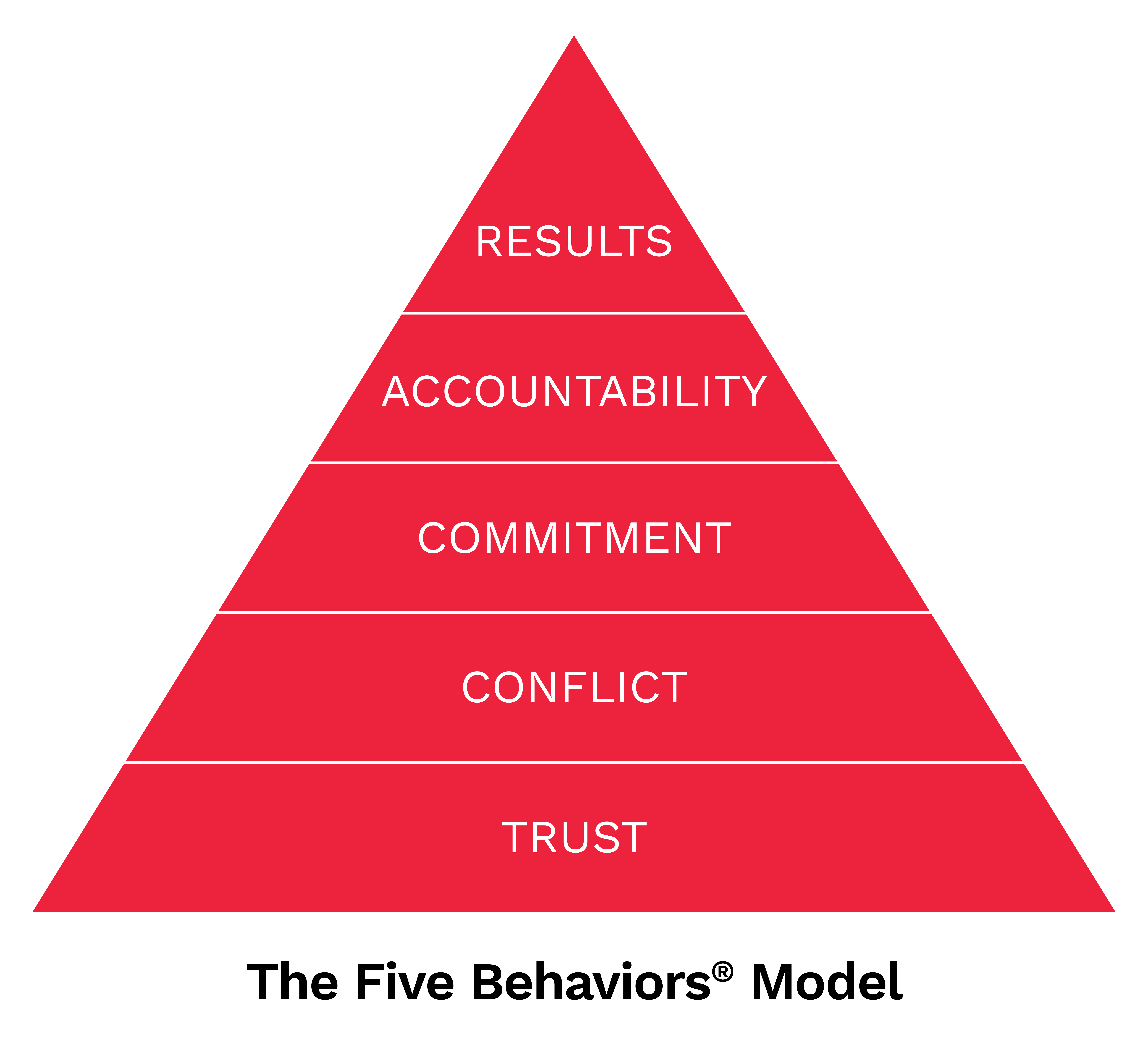
The importance of trust on teams
Without trust, teams become siloed, conflicts arise without being resolved, drama ensues, communication is of poor quality, and employees become frustrated and disengaged. It becomes an expensive problem to fix. And as more organizations have virtual or hybrid teams where personal connections are harder to make, the issue of trust becomes even more important to address head-on.
We intuitively know that teams with high levels of trust are more productive, or at least, we’d prefer to work on them. Research on organizational trust bears this out: “Analysis of the national sample showed that organizational trust and alignment with the company’s purpose are associated with higher employee incomes, longer job tenure, greater job satisfaction, less chronic stress, improved satisfaction with life, and higher productivity.” Trust might take more effort than “golden handcuffs” to keep good employees, but it certainly pays higher dividends for the organization and the worker.
Trust in the workplace
The 2022 Edelman Trust Barometer found that distrust is now society’s default emotion. We are less willing to trust someone until we’ve seen evidence of them being worthy of trust. This makes collaboration on new teams much harder. It makes onboarding harder. It means we have to start building trust on teams as soon as they are formed. We need to make it a stated goal.
The Edelman survey also found that “79 percent of employees say they trust their coworkers, ahead of their manager, head of HR, and their CEO.” So the issue of trust needs some attention from the top.
There are many actions leaders can take to build trust in their abilities and in them as fellow human beings. Leaders who want to be trusted must first offer their trust to their employees. Include employees in the organization’s planning process. Be transparent in decision-making. Be a source of reliable information. Model civil discourse.
If we trust our organization and its management, it’s easier to offer our trust to our teammates. And that trust brings us as much benefit as it does the organization. Our workplaces and the teams we work on form a significant portion of our social activity. The Edelman survey found that “69 percent of employees believe the people they work with are a significant source of community in their life.” So trust isn’t just about team productivity, it’s also about our health and life satisfaction.
Can we measure trust?
An assessment like The Five Behaviors® Team Development will give your team a score on trust, but you can get a sense of how it might score by asking team members questions such as these:
- Are you comfortable sharing your ideas with others on the team?
- Do you feel like your ideas and concerns are listened to and understood by the team?
- Does your team engage in productive conflict? Can you argue and challenge each other while still being respectful of each other?
- Does your team enjoy exploring different perspectives on its work and challenges?
- Do team members support each other? Do you feel comfortable asking for help?
- Do team members acknowledge when they are wrong or unsure, or when they messed up?
- Does the team laugh together?
- Does the team celebrate its accomplishments as a team? Do members speak positively about each other?
- Are you comfortable getting feedback from your teammates?
- Does everyone jump in to handle a temporary crisis together?
- Do team members share some personal information with each other?
- Do you feel like you contribute to the team and the team recognizes your contributions?
- Does the team share credit for accomplishments?

If you’re not happy with the answers to these questions, you need to start looking for the problem. Is trust a systemic issue in the entire organization? Are there leaders or managers who aren’t providing clear goals for their team or roles for the individuals on it, thereby causing confusion and conflict? Is there one team member who seems to get results or would be hard to replace, but has questionable or even toxic behaviors? Has the team had opportunities for getting to know each other?
If you want to increase job satisfaction, reduce stress, and increase productivity, improving the level of trust on your teams can do just that.
“It’s up to the giver to choose whether to give someone their trust. The receiver must earn it.”
Tools for building trust on teams
The five behaviors of a cohesive team—trust, conflict, commitment, accountability, and results—remain the same. But in the virtual environment and during times of crisis, they can show up in different ways. That means leaders must show up in different ways, too.
Feedback implies a need for a personal change of focus, activity, or behaviors, and this can stir up fears and insecurities. These tips may help with giving feedback that’s more easily accepted.
Whether you are self-employed, working across several teams, or running a company, you as an individual can build teamwork skills that will make you a better teammate on every team, starting with practicing trust.
